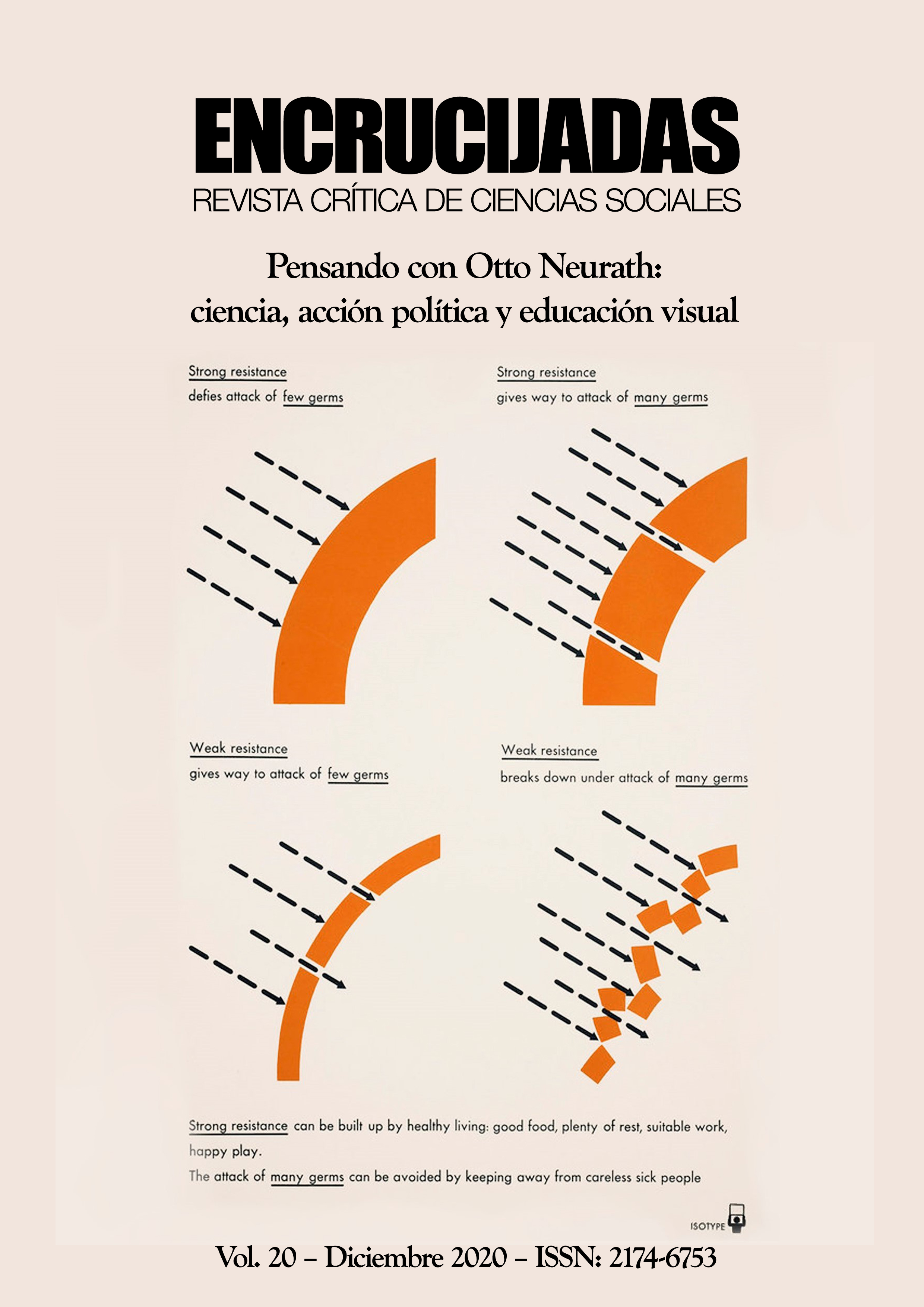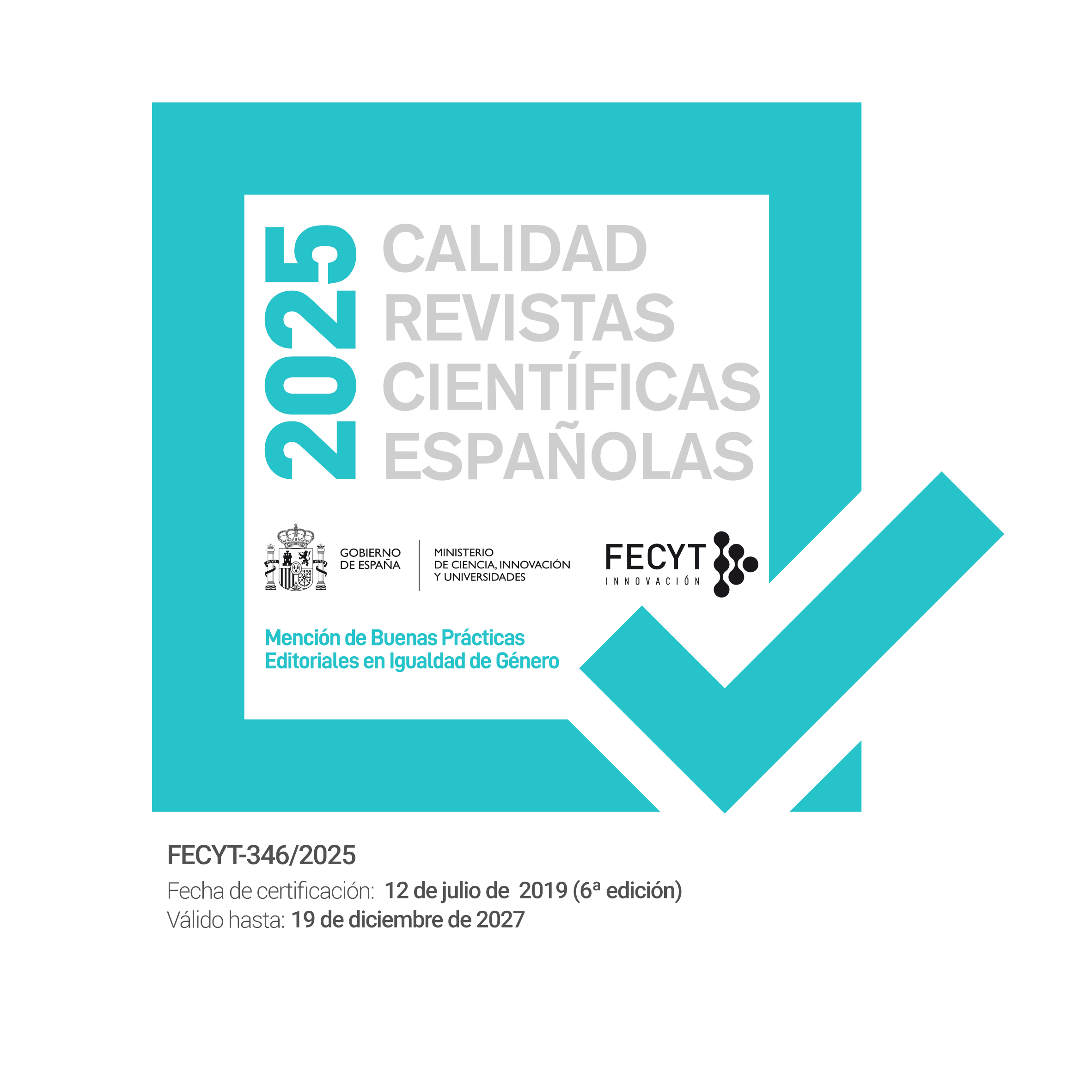Horkheimer and the inherited vision of positivism. A critical review in the company of Neurath's replica
Keywords:
Philosophy of Science, Horkheimer, Positivism, Epistemology, NeurathAbstract
On one side, this work proposes to critically examine the conception of Positivism in Horkheimer's early work, conceived as an interpretive reconstruction of central relevance and strong philosophical impact. First, in order to achieve this objective, an analytical reading of several texts by Horkheimer will be done, where the relevant topics that indicate Positivism (specifically Logical Positivism) in the Horkheimerian interpretation will be reconstructed. In this sense, the first section begins by analyzing the shaping of “positivism” in Horkheimer's early works from a perspective of antagonism towards the Hegelian heritage. The second section focuses particularly on the Horkheimerian interpretation of knowledge´s conception and role of science in Logical Positivism; followed by a critical reading of the aforementioned interpretation (third section). In this third section, a second objective is pursued: to add to this criticism Neurath's own arguments (1937b) in his response to Horkheimer's text (1937b). Finally, some concluding considerations are presented.
Downloads
Downloads
Published
How to Cite
Issue
Section
License
Copyright (c) 2020 Encrucijadas. Revista Crítica de Ciencias Sociales

This work is licensed under a Creative Commons Attribution-NonCommercial-NoDerivatives 4.0 International License.
Los autores/as conservan los derechos de autor y ceden a la revista el derecho de la primera publicación, con el trabajo registrado con la licencia de atribución de Creative Commons Reconocimiento-NoComercial (CC-BY 4.0), que permite a terceros utilizar lo publicado siempre que mencionen la autoría del trabajo y a la primera publicación en esta revista. Encrucijadas permite y se anima a todas las personas autoras a depositar la versión final publicada en repositorios institucionales o temáticos de acceso abierto, cumpliendo en caso necesario los términos establecidos por la entidad financiadora de la investigación.





